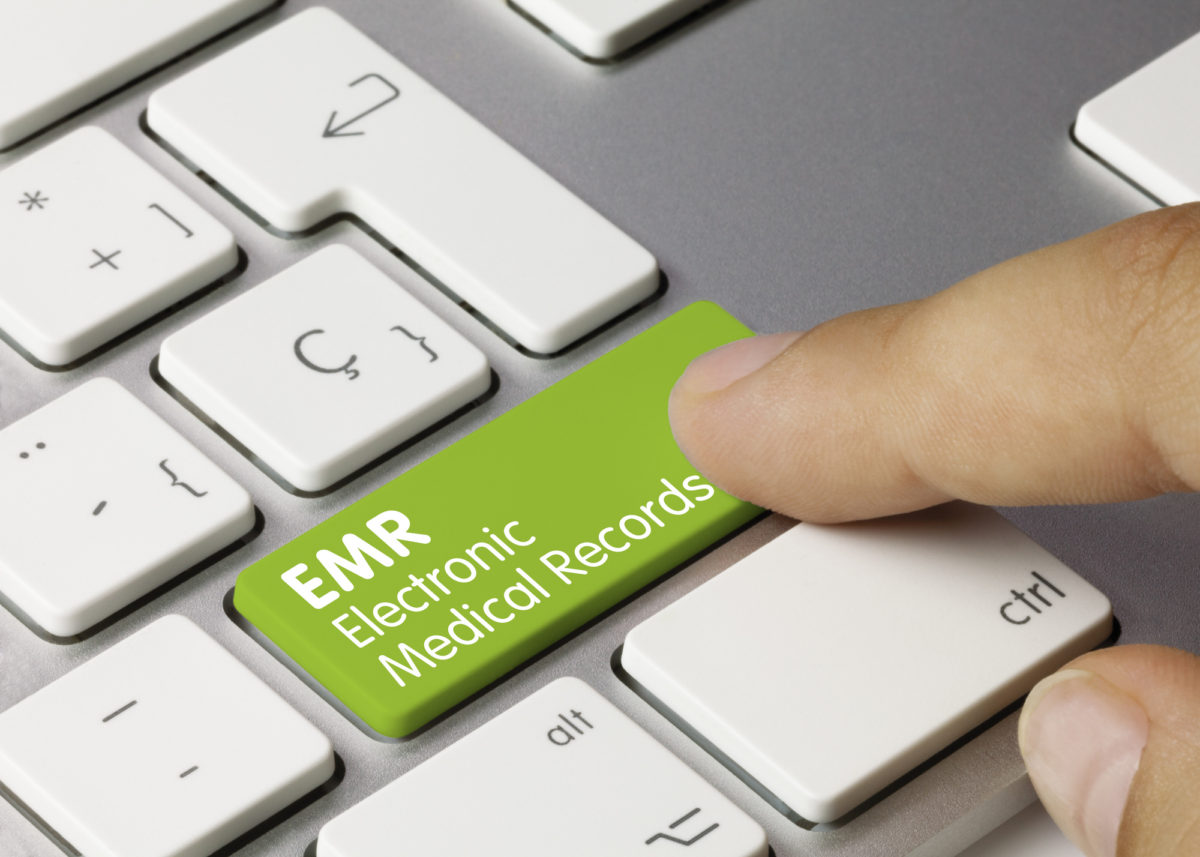Over the past two decades, Malaysia’s total health expenditure has increased almost six-fold over from RM11 billion to RM60 billion.
One critical area of concern in healthcare is the spending on medicines. Drug expenditures in 2018 accounted for RM 2.3 billion and RM 3.7 billion in the public and private sector healthcare systems respectively. These amounts were expected to increase in tandem with the higher demand for quality healthcare services, medical inflation, and the increasing number of people living with non-communicable diseases such as cancer and diabetes.
The determination of value in healthcare decision-making has become more critical as national budgets are strained from unplanned expenditures and draining of resources due to the COVID-19 global crisis.
Regulators such as the Ministry of Health’s National Pharmaceutical Regulatory Agency (NPRA) are faced with new and complex medicines requiring increased pharmacovigilance, more effective regulatory action, as well as quicker and proactive responses to findings from real world usage.
Real world evidence helps answer critical questions
The use of real-world data (RWD) for regulatory decision making has gained significant attention and importance due to the vaccines developed during the COVID-19 pandemic. It has led to growing interest and commitment among governments and stakeholders in the healthcare industry, on the increasing potential, availability, and importance of real-world evidence (RWE).
RWD is defined as data collected during routine delivery of health care such as from electronic medical records (EMR), claims and billing activities, disease registries, anonymised patient-generated data, and observational studies. RWE is evidence or findings which are derived from analysis of RWD.
Modern healthcare systems are already routinely collecting real-world data for administrative and clinical purposes.
Reliance on clinical trial data alone is now thought to be inadequate to thoroughly assess the effectiveness of medications and therapies.
RWE is helping biopharmaceutical manufacturers, regulators, and governments to answer critical questions, previously heavily dependent on data from clinical trials that ultimately improve patient care. These include:
- • How safe is this treatment?
- • How can better treatment decisions be made?
- • How do drug safety and quality issues be minimised?
- • How can healthcare be made to be more efficient and responsive?
Applications for RWE can go beyond development of new biopharmaceutical products. At the regulatory level, it could be utilised for registration decision-making, pharmacovigilance, and adverse event monitoring. Payers could use RWE for coverage, reimbursement, and payment decisions. For the biopharmaceutical industry, it is valuable in post-market surveillance, evaluating off-label use, and continuous evaluation of a drug’s effectiveness.
RWE use in health care decision-making is not new
The US Food and Drug Administration has acknowledged the value of RWE in informing regulatory approval of new indications for drugs, and to support post-approval requirements.
The European Medicines Agency used registry and claims data over a period of 10 years to review the risk of lactic acidosis following metformin use among patients with renal disease. The contraindications on the product label were later modified based on the examination of this data. It did not require the manufacturers to conduct a post-marketing trial which would have been expensive. In some European countries, RWE has been used as a tool for accelerated drug access programmes.
Bridging the knowledge gap
What goes on in a clinical trial does not necessarily reflect what happens in the real world. There is often a knowledge gap between clinical trial and real-world outcomes. RWE helps bridge this knowledge gap.
During the specific, controlled conditions of a clinical trial, participating patients meet very specific and narrow clinical and demographic criteria. As a result, by design, the pool of participants, who are also volunteers, is usually homogeneous. Their usage of the drug being tested is also closely monitored by clinicians during the whole period of the trial.
In the real world, patients taking the new drug would be much more diverse, coming from different age categories, demographics, and adherence patterns. It may be used in children, elderly, and pregnant women. These are populations not typically represented in clinical trials. The selection criteria might also have excluded patients with comorbidities such as diabetes and hypertension. It is possible that the drug could perform differently when taken by people from other parts of the world, and profiles. Real-world data gathered from such usage informs on a drug’s effectiveness, and application in the treatment of disease.
In the treatment of cancer, besides supplementing clinical trial data, RWE has been used to help identify late-stage side effects and assess treatment efficacy for rare cancers.
Safety risks in real-world patients can also be better understood. Rare adverse events do not always appear during clinical trials due to their small sample sizes, strict patient eligibility criteria, and short-term follow-ups. New risks may emerge through examination of real-world data needing swift regulatory action, while known risks have to be monitored and managed.
Preventing substandard medicines and ensuring therapeutic equivalence
Regulators need to ensure that the quality of medicines being brought into the country is consistent, safe, of quality and meets registered specifications.
Of particular concern is to verify claims of therapeutic equivalence for biosimilars and generics compared to those of innovators. As more generic and biosimilar products become available, the challenge for regulators has increased to ensure that quality and safety are not compromised. RWD from usage of such products can be used for such purposes.
The role of RWE in Asia
There is tremendous potential and importance for the use of RWE in this part of the world for regulatory and reimbursement purposes.
Approximately 17% of clinical trials are conducted in Asia. As a result, there is often under-representation of Asians in such trials. In countries such as South Korea and Singapore, electronic medical records are already being used to demonstrate the efficacy and safety of certain medical treatments in Asian populations in comparison to patient populations involved in drug clinical trials.
It may not be possible to replicate the earlier trials in those countries. It is likely to be costly and time-consuming. With the increasing role and application of RWE in evaluating the risk and benefits of treatments in Asian populations, it might even be unnecessary.
Such use of RWE can assist in health technology assessments (HTA) and improve timely patient access to new therapies sooner rather than later.
In countries such as the US and UK, the use of biologic or targeted therapies as first or second-line treatment for certain diseases such as cancer, would be supported by clinical trial data. However, in many Asian countries, these treatments could only be considered or recommended as third line therapies due to high cost and limited resources. RWE helps regulators and health systems understand how outcomes can be affected by such decisions.
The way forward
There is tremendous interest and potential in the healthcare sector to explore the new opportunities provided through the utilisation and analysis of real-world data. Within a compressed timeframe of two years, the COVID-19 pandemic has seen RWE being utilised in the development and regulation of related treatments and vaccines.
The future will see RWE complimenting randomised clinical trials. Having RWE play a supportive role from pharmaceutical research to product registration and post-market surveillance, will ultimately help improve access and treatments for patients, and result in better health outcomes.

Azrul Mohd Khalib is Chief Executive Officer of the Galen Centre for Health & Social Policy








